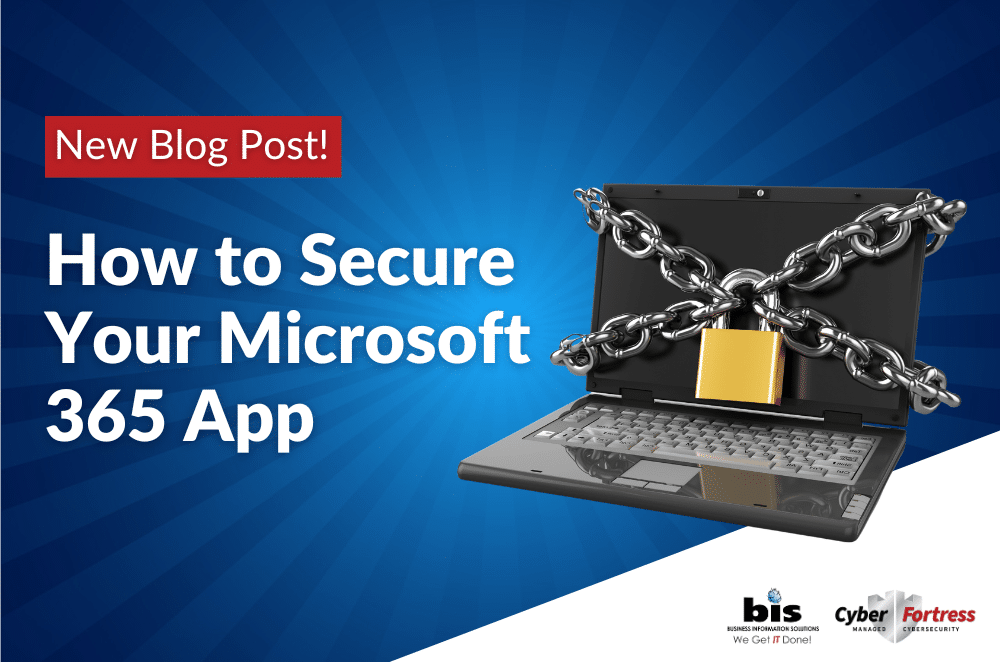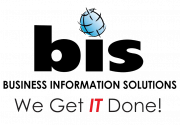With an increased remote workforce and on-the-go culture, businesses rely heavily on cloud-based platforms to streamline their operations and boost productivity. Microsoft 365 has emerged as a leading suite of applications providing a comprehensive solution for collaboration, communication and data management. However, with the increasing sophistication of cyber threats, it is imperative to prioritize the security of your Microsoft 365 application. Here are the essential steps you can take to ensure robust security and protect your valuable data from hackers…
Implement Multi-Factor Authentication (MFA)
Enabling MFA is one of the most effective ways to fortify your Microsoft 365 application. By requiring users to provide multiple authentication factors, such as a password and a temporary code sent to their mobile device, you significantly reduce the risk of unauthorized access. MFA adds an extra layer of protection against password breaches and phishing attacks.
Regularly Update and Patch
Keeping your Microsoft 365 applications up-to-date is crucial for maintaining a secure environment. Microsoft frequently releases security patches and updates to address vulnerabilities and enhance protection. Ensure that automatic updates are enabled and periodically check for any pending updates.
Enable Advanced Threat Protection (ATP)
Microsoft 365 offers Advanced Threat Protection which safeguards your organization against sophisticated email-based threats like phishing and malware. ATP leverages machine learning algorithms and real-time threat intelligence to detect and block suspicious emails, attachments and links. Enabling ATP provides an additional layer of security for your email communications.
Utilize Data Loss Prevention (DLP) Policies
Protecting sensitive data is a top priority for any organization. Microsoft 365’s Data Loss Prevention policies allow you to identify, monitor and protect sensitive information across various applications. By configuring DLP policies, you can prevent unauthorized sharing or accidental leakage of critical data ensuring compliance with industry regulations.
Train Employees on Security Best Practices
While technology plays a vital role in securing your Microsoft 365 application, educating your employees about security best practices is equally important as human error accounts for a large number of data breaches. Require regular training to raise awareness about phishing attacks, password hygiene and the importance of reporting suspicious activities. Encourage strong and unique passwords and implement policies that prompt password changes periodically.
Regularly Monitor and Audit Activity Logs
Monitoring and auditing activity logs within your Microsoft 365 environment can help detect any anomalous behavior or potential security breaches. Proactively review user activities, access permissions and configurations to identify and mitigate security risks promptly.
Get a Second Opinion Today!
If you’re concerned your Microsoft 365 account isn’t secure, then let’s talk! You can book a COMPLIMENTARY second opinion with Phillip. Please select a date and time from his calendar below.
ADDITIONAL RESOURCES

Phillip Long – CISSP, CEO of , along with his team of marketing and information technology experts, will walk you through an overview of what your business should be doing to protect your data and plan your digital marketing strategies.
You may reach out to us at:
Phone: 251-405-2555
Email: support@askbis.com











